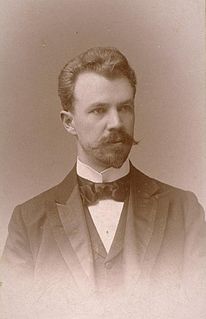A Quote by David Ricardo
The opinions that the price of commodities depends solely on the proportion of supply and demand, or demand to supply, has become almost an axiom in political economy, and has been the source of much error in that science.
Related Quotes
In short, what the living wage is really about is not living standards, or even economics, but morality. Its advocates are basically opposed to the idea that wages are a market price-determined by supply and demand, the same as the price of apples or coal. And it is for that reason, rather than the practical details, that the broader political movement of which the demand for a living wage is the leading edge is ultimately doomed to failure: For the amorality of the market economy is part of its essence, and cannot be legislated away.
Four things have almost invariably followed the imposition of controls to keep prices below the level they would reach under supply and demand in a free market: (1) increased use of the product or service whose price is controlled, (2) Reduced supply of the same product or service, (3) quality deterioration, (4) black markets.
Mass production is only profitable if its rhythm can be maintained.. that is, if it can continue to sell its product in steady or increasing quantity. The result is that while, under the handicraft or small-unit system of production that was typical a century ago, demand created the supply, today supply must actively seek to create its corresponding demand.
I do believe that oil production globally has peaked at 85 million barrels. And I've been very vocal about it. And what happens? The demand continues to rise. The only way you can possibly kill demand is with price. So the price of oil, gasoline, has to go up to kill the demand. Otherwise, keep the price down, the demand rises.

































